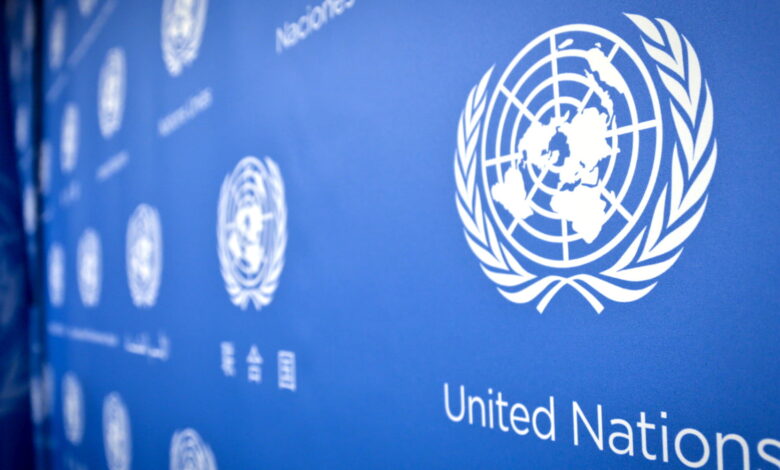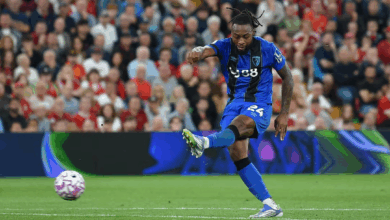UN sanctions snap back on Iran after nuclear talks collapse

Sweeping United Nations sanctions against Iran returned late Saturday for the first time in a decade, following the collapse of last-minute nuclear negotiations between Tehran and Western powers.
The renewed measures, reinstated three months after Israeli and U.S. airstrikes targeted Iranian nuclear sites, ban international dealings tied to Iran’s nuclear and ballistic missile programs and are expected to deepen the country’s already fragile economic crisis.
Despite the sanctions’ reimposition, U.S. Secretary of State Marco Rubio insisted that diplomacy remains possible.
“We urge Tehran to accept direct talks held in good faith,” Rubio said, calling on UN member states to swiftly enforce the restrictions to “pressure Iran’s leaders to act in the best interest of their nation and global security.”
Foreign ministers of Britain, France, and Germany echoed that position in a joint statement, pledging to pursue a “new diplomatic solution to ensure Iran never obtains a nuclear weapon” and urging Tehran to avoid any escalation.
Iranian President Masoud Pezeshkian confirmed that UN inspectors have been allowed back into nuclear facilities but denounced a U.S. proposal that required Iran to surrender its entire stockpile of enriched uranium in exchange for only a brief reprieve from sanctions.
“Their offer was unacceptable,” Pezeshkian declared, accusing Washington of seeking unilateral concessions.
An effort by Russia and China to delay the sanctions until April failed at the UN Security Council on Friday, triggering the automatic “snapback” mechanism that restored the measures at midnight GMT Sunday (8 p.m. Saturday in New York).
Germany, which joined Britain and France in pushing for the sanctions, said Tehran’s ongoing noncompliance left “no choice.”
“Iran must never acquire a nuclear weapon,” German Foreign Minister Johann Wadephul told the UN General Assembly, while adding, “We remain open to negotiations on a new agreement. Diplomacy can and should continue.”
Russia, however, announced it would not enforce the sanctions, dismissing them as illegitimate.
Russian Foreign Minister Sergei Lavrov accused the West of “sabotaging constructive solutions” and using “blackmail and pressure” to extract concessions from Tehran.
On the streets of Tehran, the impact was immediate.
“The economic situation was already dire, but it’s going to get worse,” said Dariush, a 50-year-old engineer, as he watched the rial’s value slide.
The black-market dollar rate hit a record 1.12 million rials on Saturday, sparking a rush for gold and other hard assets at the city’s Grand Bazaar.
Brussels-based think tank International Crisis Group warned the snapback sanctions will “compound the malaise” of an economy already battered by high inflation, infrastructure decay, and years of U.S. restrictions.
The new UN measures revive penalties first lifted under the 2015 nuclear deal, which required Iran to limit uranium enrichment in exchange for relief.
The United States withdrew from that pact under President Donald Trump and reimposed sweeping unilateral sanctions, including efforts to choke off Iranian oil exports.
Earlier this year, U.S. and Iranian negotiators held Omani-brokered talks, but they collapsed in June after Israeli and U.S. strikes targeted Iranian nuclear facilities, killing more than 1,000 people according to Tehran.
Iran maintains that its nuclear program is purely civilian and denies seeking weapons capability.
Addressing the UN General Assembly on Friday, Israeli Prime Minister Benjamin Netanyahu urged immediate global action and hinted at further military steps.
“We will not allow Iran to cross the nuclear threshold,” Netanyahu warned, referencing the June strikes that Tehran claims devastated key facilities.
With diplomacy stalled, the snapback sanctions are expected to remain in place indefinitely, a situation analysts believe will be far harder to reverse than to impose.





